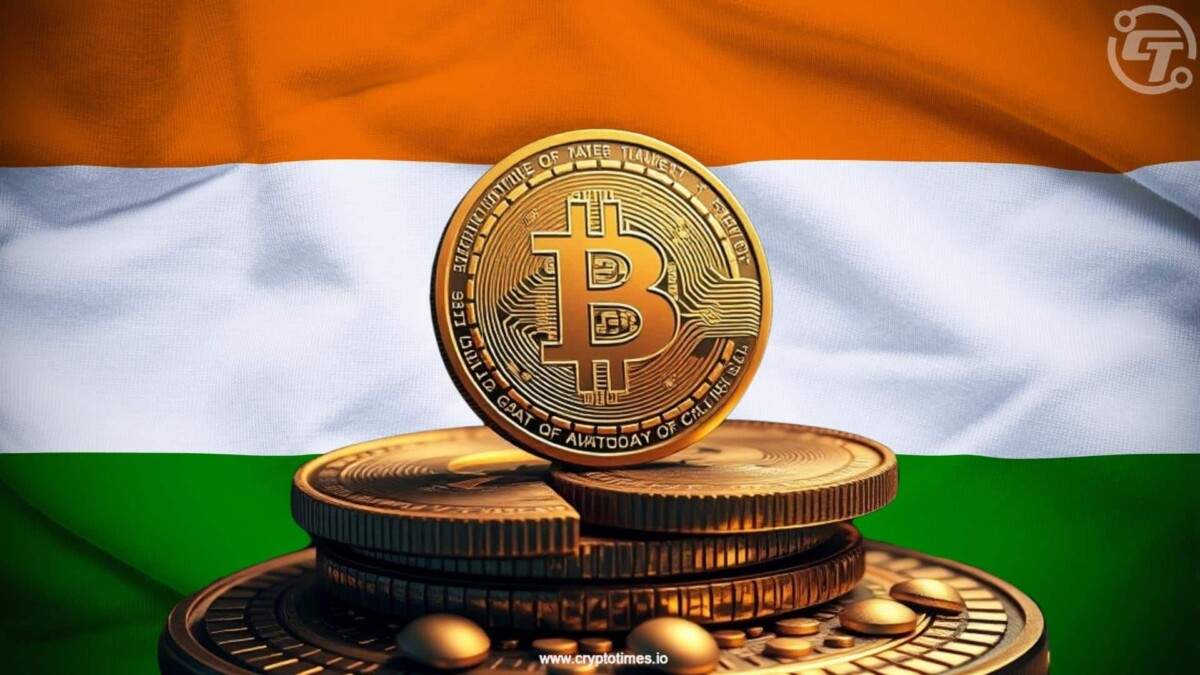India is choosing not to create a full legal framework for cryptocurrencies. Instead, the government plans to keep partial oversight, fearing that fully integrating crypto into the financial system could create major risks, according to a recent government document seen by Reuters.
As per the report, the government document that says regulating cryptocurrencies would effectively give them legitimacy. This could make them more mainstream and potentially bring “systemic risks.” However, banning crypto completely also has limitations. It cannot stop peer-to-peer transfers or trades happening on decentralized exchanges.
Current Oversight and Risks
As per the document, India already permits global crypto exchanges to trade if they register domestically and comply with anti-money laundering due diligence. The government has also levied high taxes on crypto profits, deterring speculative trading and deterring mainstream involvement.
These measures, combined with current financial legislation, serve as a safeguard against fraud and criminality. The Reserve Bank of India (RBI) still warns about crypto, issuing warnings related to difficulty in containing risks despite regulations.
The government noted that the current limited regulatory clarity has actually helped contain risks within the formal financial system. Tax rules and other existing laws act as a strong deterrent against speculative trading, while also penalizing fraud and illegal activities.
The document also mentions concerns regarding stablecoins, which are cryptocurrencies pegged to fiat currencies such as the U.S. dollar. Widespread adoption of stablecoins in India would undermine the country’s national digital payment systems, such as the Unified Payments Interface (UPI) and inter-bank transfers.
Global Context and India’s Position
Globally, approaches to crypto regulation differ widely. The U.S. has passed laws supporting stablecoins, and countries like Japan and Australia are slowly creating crypto regulations, India is taking a cautious approach. China continues its ban on private cryptocurrencies but is exploring a digital yuan. India, in contrast, remains careful, choosing not to promote the sector aggressively, while still allowing some operations under strict rules.
Currently, Indians have approximately $4.5 billion of crypto assets. The government cites that the amount is comparatively low and does not represent a systemic risk to financial stability at present.
Also Read: Mudrex Survey: 93% of Indian Investors Support Crypto Regulation











